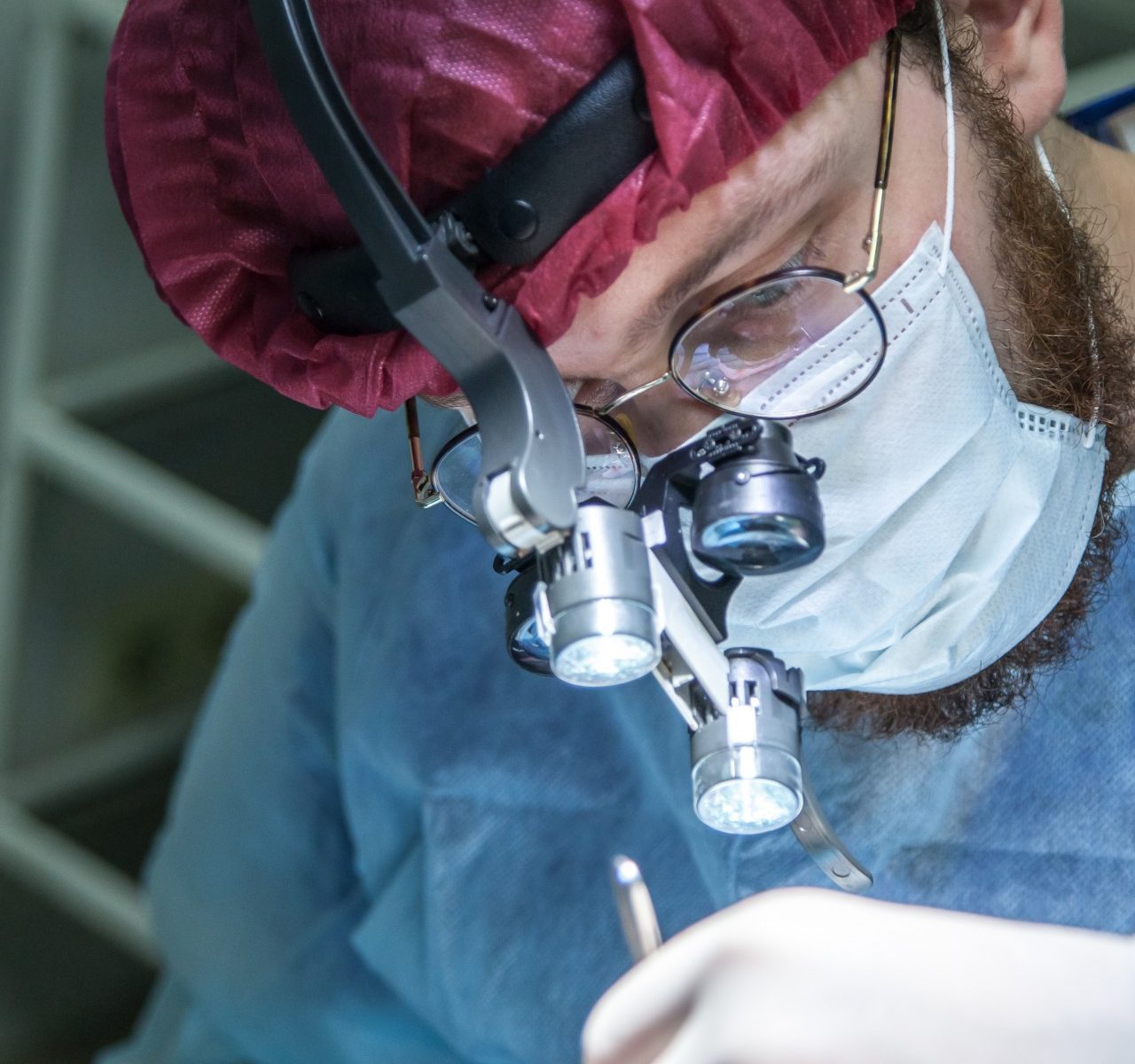What is Nano Medicine?
The use of nanotechnology in medicine is frequently referred to as nano medicine.
So, what’s nano medicine?
Nano medicine refers to human health in terms of how it is preserved and improved.
In nano medicine, molecular tools are used.
Because the human body is made up of molecules, molecular nanotechnology will provide a path to progress in medical services.
While nano medicine refers to molecular medicine, it doesn’t stop there.
Rather, nano medicine allows us a greater understanding of living cells and the biological “machinery” within.
In turn, this means we will be better equipped in addressing complex medical conditions, including aging, cancer, and AIDS/HIV.
So how about the advantages of nanotechnology in medicine, and what about the disadvantages of nanotechnology in medicine?
Advantages of Nanotechnology in Medicine
1 Therapies are advanced and potential invasiveness is reduced.
2 Medicines and disease management overall are more cost-effective.
3 Diagnostic tools are smaller as well as highly sensitive. They can be used quickly.
4 Rates of morbidity and mortality are reduced and, in return, there’s an increased level of longevity.
5 There’s an impact of reduced negative effects of surgical procedures and drugs.
Disadvantages of Using Nanotechnology in Medicine
1 There is a primary concern regarding characterization, exposure and toxicity pathways that are associated with nanotechnology in medicine.
2 Nanotechnology in medicine may be unethically used.
3 There’s still guesswork about the impact of nanoparticles on the processes and biochemical pathways within the human body.
Photo by Olga Guryanova on Unsplash
